ARTICLE AD BOX

| Venue: Tokyo, Japan Dates: 24 August-5 September Time in Tokyo: BST +8 |
| Coverage: Follow on Radio 5 Live and on the BBC Sport website |
Baroness Grey-Thompson, who won 11 Paralympic gold medals for Great Britain and competed at every summer Games from 1988 to 2004, will be part of the Radio 5 Live team in Japan and will be writing for BBC Sport during the Games.
Arriving in Tokyo, I wasn't entirely sure what to expect. It was a combination of relief that all the testing procedures for me were negative, and also relief that the Paralympic Games were going ahead.
There was always a tiny part at the back of my mind that somewhere along the line a second Games might be considered too much of a risk for Tokyo. Although I knew that a lot of the athletes had been flying out to Japan, it only felt real to me when I had picked up my accreditation.
The Paralympic journey from the highs of London 2012 to here has not been straightforward.
Before Rio 2016 and with Brazil in a tough economic situation, there was a real chance that those Games would not happen. But they turned it around and at the closing ceremony, it was described by the then International Paralympic Committee president Sir Philip Craven as "the people's Games".
Before the global pandemic, the expectation around the Tokyo Games was huge. Three years ago, I said that it would help the Paralympics take another big step forward with increased media coverage around the world.
Despite all that has happened, I still think these Games will take the movement to another level.
While the decision to postpone seemed a long time coming (there were complicated layers to the decision-making process), the athletes ended up stepping in to more unknowns.
Athletes train to compete and no-one had experience of a lack of events and a block of training that would extend to more than a year. The dates of competition are usually known months, even years ahead and while athletes are often told to 'control the controllable', there is so much that it outside their sphere of influence.
During lockdown, athletes across the world have had to learn to be creative, away from some of the high-tech training centres, and had to find new ways of doing things.
Certainly the centralised facilities have changed since I was competing but we always had a gym set up at home. Some of the younger athletes didn't have that available to them so online coaching sessions became the order of the day.
I even joined in a couple of the online sessions organised by the rowing squad (not on a rowing machine, just with a stretchy band) and it was good to see the camaraderie of the different sports coming together.
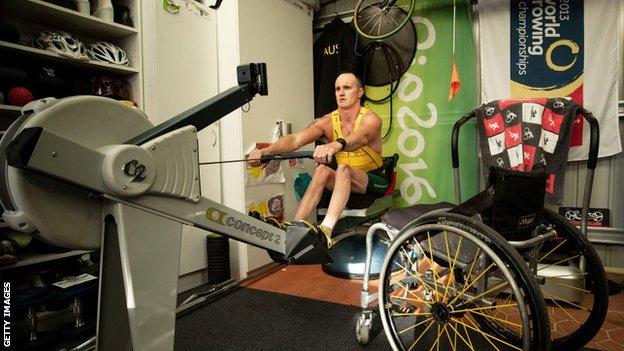 Australian rower Erik Horrie trained in his shed during the pandemic
Australian rower Erik Horrie trained in his shed during the pandemicBut lab testing and time-trials are not the same as being against other people and with such little information available, especially for younger first-time Paralympians, we may well see some surprises.
The pressure going in to these Games will be greater. It was recently announced that US Paralympians will earn $36,000 (approximately £26,400) for a gold medal, the same as their Olympic counterparts. In a world where there is still not a lot of sponsorship for many, that will make a big difference.
The build-up to the Games has been different to any other and obviously the Games themselves will also have a different look.
Tokyo isn't highly decorated with Paralympic flags (it wasn't for the Olympics either), but once the events start everything will change. However, athletes will have to deal with the lack of fans watching them.
There was a brief glimmer of hope last week that some schoolchildren would be allowed in to watch, but that has been closed down. Bearing in mind that for many months the expectation was no crowds, it is unlikely to change athletes' thinking.
I have competed in front of a packed crowds (Sydney 2000) and very few people (Atlanta 1996) and I know which I would prefer.
Learning from the Olympic experience of what to expect, athletes are competing for the gold medal regardless of who watches, but it is hard to celebrate a victory when there is no-one to respond to you.
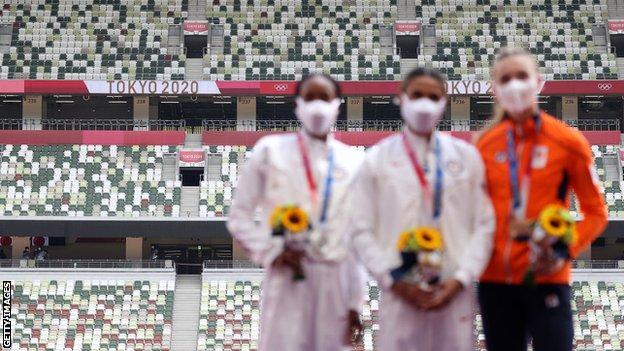 The empty stands at the Olympics were a stark reminder that the pandemic is ongoing
The empty stands at the Olympics were a stark reminder that the pandemic is ongoingWhat we saw in the Olympics was fellow athletes supporting their team-mates and it will be interesting to see - in the window of finishing their own event and having to leave - whether this is going to be possible at the Paralympics.
Athletes spectating is normally quite limited but it now really stands out because we can see who is there.
The ceremonies at the beginning and the end of the Games will also have a different feel.
Many athletes will choose not to attend the opening ceremony, and while I do not miss being on a plane with another 200 athletes and identical kit bags, there is something special about everyone coming through the airport and being welcomed home together.
No athlete trains for years for any of these things, or to mix in the village, but for those who have done previous Games the feeling will be very different.
Despite all the restrictions, we are going to see some great sport. Para-taekwondo and Para-badminton as new sports will have a lot to live up to, and as the biggest sports in terms of competitors and medals, Para-athletics and Para-swimming will be expected to deliver.
There will be more coverage around the world than ever before and there will be some amazing moments and ultimately that is what you want from a major sporting event.

- Parents We've Got You!: Challenges to keep your child or teenager busy this summer
- Which food has the same carbon footprint as five miles in an SUV?: The carbon cost of what we eat


 3 years ago
59
3 years ago
59
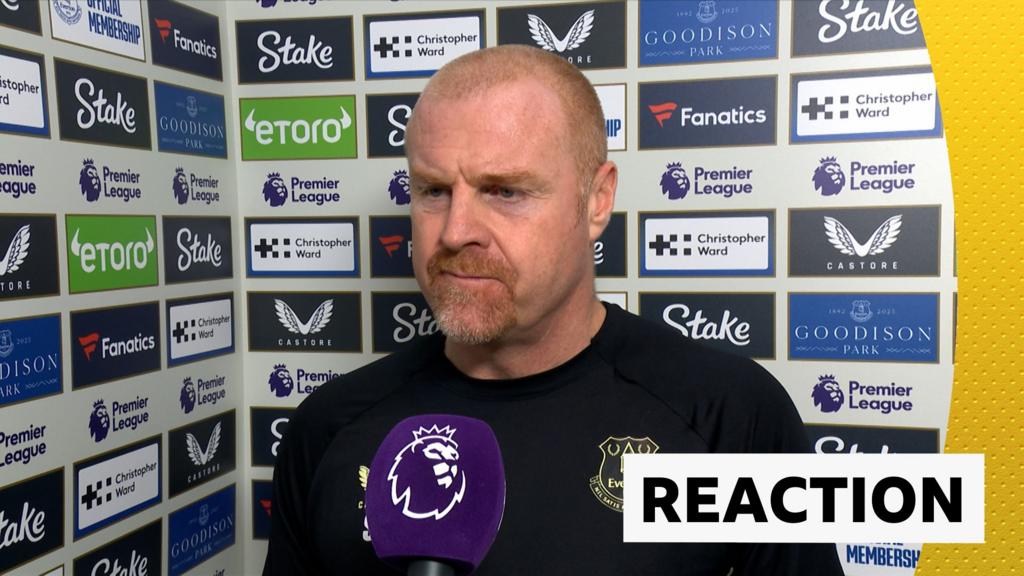
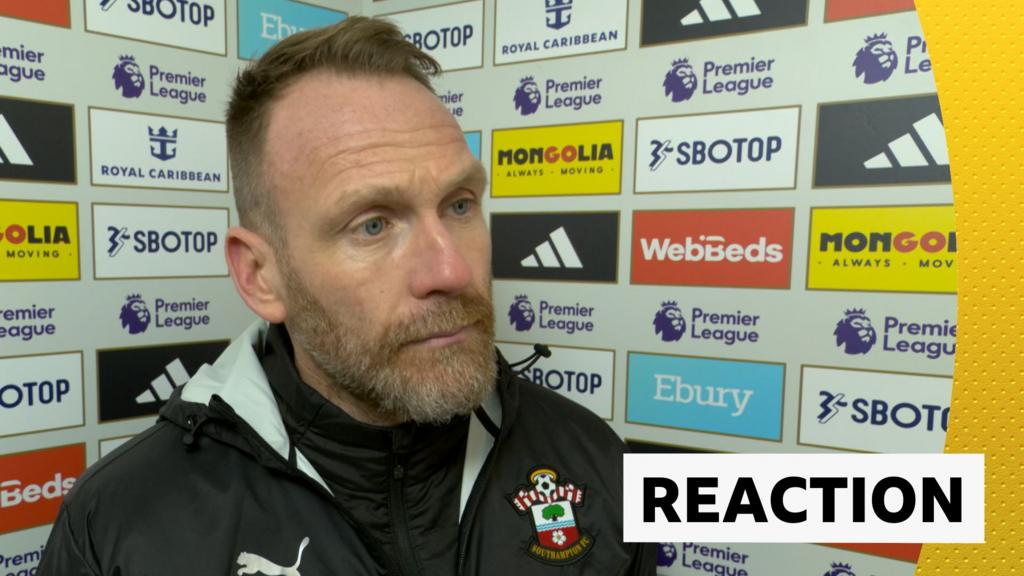
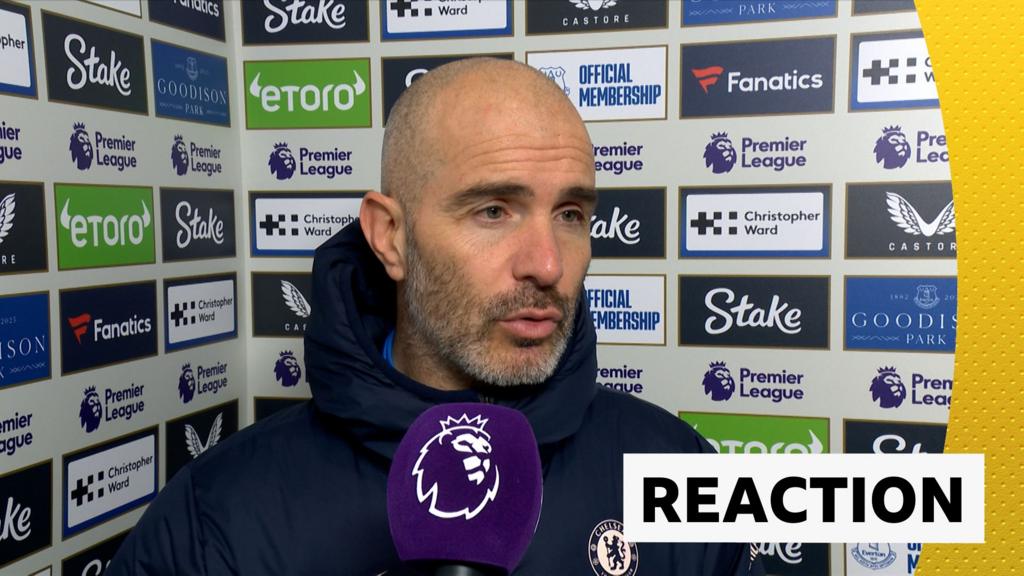





 English (US) ·
English (US) ·